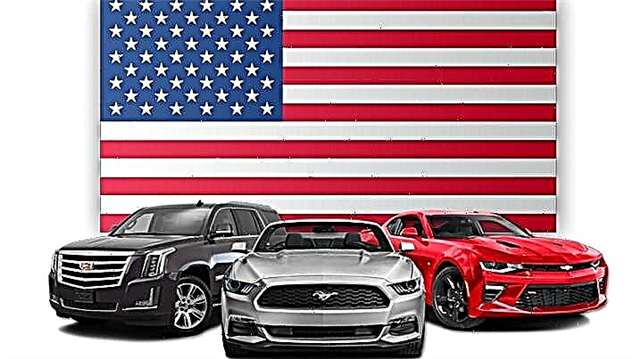
Buying a car for the city is an important event in the life of every person. Before buying a car, it is important to determine which model is suitable for city roads, what fuel consumption. Before going to a car dealership, make a list of characteristics that a car should have for urban conditions.
Domestic or foreign auto industry?
For city roads, both domestic cars and foreign cars are suitable. Domestic cars are cheaper. They are less reliable and comfortable and safe. Foreign cars have a pleasant appearance, are distinguished by reliability, interior comfort. The disadvantages include the high cost. Among foreign cars, the following manufacturers are popular: Porshe; BMW; Land Rover; Mercedes-Benz; Lexus Volkswagen, see the entire list at https://riga.altera-auto.ru/volkswagen/.
How big should a city car be?
For city roads, a small car is suitable. Oversized models are not very convenient in urban areas, especially when parking. Microcars have a number of advantages, they are more maneuverable than large models. They use less fuel, one refueling is enough for a week.
Hatchback is a universal transport for the city. It is compact and maneuverable and easy to park in a small yard. As a family car, you should choose a sedan. It is suitable for both city roads and highways. It does not tolerate bad roads well, due to the soft suspension. You can choose a family car in the catalog https://riga.altera-auto.ru/. If you have a large family, you should give preference to station wagons.
Automatic or "mechanics"?
For trips in densely populated regions and large cities, it is better to purchase a car with an automatic transmission. It is convenient at intersections and traffic lights. The machine itself monitors the engine speed and adjusts to them. For small settlements, "mechanics" is suitable. A manual gearbox allows you to "rock" the car when it gets into a snowdrift or mud. The fuel consumption of a car with "mechanics" is less.
What is the engine size?
For a trip exclusively on city roads, models with a small volume of 1.2-1.6 liters are suitable. This engine will save fuel when you are stuck in a traffic jam. For trips out of town, you should choose models with an engine capacity of 1.8-2.5 liters.
Rear or front wheel drive?
If you are a beginner, it is better to give preference to front-wheel drive or all-wheel drive. They make it easier to drive on bad roads, it will be easier to get out of a snowdrift or mud.
Diesel or gasoline?
Diesel engines are more economical and durable, but have a number of negative characteristics:
- increased noise;
- problems with starting at sub-zero temperatures;
- cost of maintenance.
Gasoline engines are not so demanding on fuel quality, they are better adapted to high-speed driving. Service and maintenance are cheaper.
Active and passive safety?
The active safety system has a whole range of systems that help to avoid emergency situations. Includes: anti-lock braking system, emergency braking system, lane tracking. The passive system is activated during an accident. Safety belts and airbags, head restraints help to avoid injuries.
What brand of car to choose?
There is no definite answer to this question. Each brand has both strengths and weaknesses. Japanese cars are reliable, but inexpensive models may have cheap plastic in the cabin. German models are convenient and comfortable, spare parts for them are not cheap. French cars differ in design, but the reliability of the suspension and gearbox often suffers. American models run well on 92 petrol, parts and repairs are expensive.
Buying a car is no easy task. It is necessary to treat the choice responsibly and prudently. You should not make impulsive decisions, you need to choose from the standpoint of convenience, your own driving style and taking into account the goals of operation. There is no universal model for everyone, it is necessary to choose the car that will meet individual requirements.



